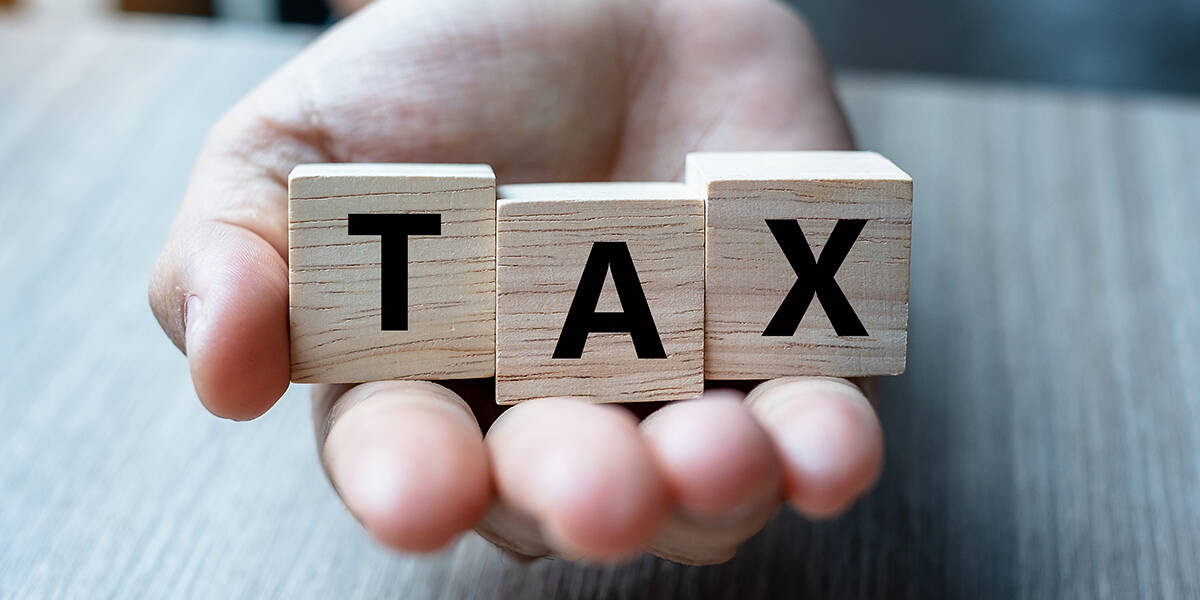

Expats who reside in or relocate to Hong Kong must be aware of both local and international tax laws pertaining to double taxation treaties or any other laws that may apply to Income tax in Hong Kong for expats.
Of Hong Kong’s 7.5 million residents, 10% are expatriates. However, residency is not the main consideration when it comes to paying taxes in Hong Kong. Any expat who intends to live or conduct business in Hong Kong should be familiar with the regional and global tax laws in force.
Although the province is well recognized for its low tax rates, generous allowances, and progressive tax system overall, there are a few unique laws and qualification periods to be aware of, at least for independent contractors and the self-employed.
For expats residing in Hong Kong, the following is a guide to income taxes.
- The Inland Revenue Department must be notified by taxpayers no later than four months following the end of the tax year for which they are responsible.
- The employer is responsible for notifying the IRD at least one month before the conclusion of the contract when a resident is scheduled to leave Hong Kong. After this time, the company is not permitted to continue paying the employee unless the IRD grants permission. (Notably, there may be a filing need even for expats who have departed Hong Kong).
- In Hong Kong, expat residents have the option of personal assessment, which includes real estate taxes, profits levies, and any applicable salary tax. After taking into account personal allowances, this enables the taxpayer to compare business losses or loans to earnings.
Does Hong Kong Require Me To Pay Income Tax?
Below the 60-day boundary, income earned in Hong Kong is not subject to taxation. Due to Hong Kong’s territorial tax system, any income made there is subject to taxation, regardless of the individual’s residence status.
This, however, only applies after you have visited Hong Kong for more than a predetermined number of days per year (60, to be exact).
The only income that is subject to tax in Hong Kong is that which is earned in or derived from Hong Kong. For the purposes of salaries tax, which involves not only wages but also service charges, payments, incentives, and other benefits included in your package, such as housing paid for by the company, employer-paid taxes, share ownership, and retirement benefits.
Salary taxes are calculated using a sliding scale with rates ranging from 2-17% or at a standard rate of 15% on net income, which is classified as income-less deductions.
The allowances for single parents, married couples, and dependent children as well as the allowances for elderly dependents who live with the taxpayer are all forms of permitted deductibles. Deductions for authorized charitable contributions, self-education costs, and contributions to the Mandatory Provident Fund scheme—the territory’s social security system—are also permitted.
On the other hand, as they are not regarded as compensation for services provided, severance pay and long-service bonuses are not subject to taxation.
The People’s Republic of China treats Hong Kong as a Special Administrative Region. Therefore, the tax system is distinct from that of the mainland (China). For Hong Kong citizens who work on the mainland, the problem of double taxation can be tricky.
Fortunately, the Comprehensive Agreement establishes guidelines for foreign nationals living in Hong Kong and working on the mainland. In this case, the 183-day rule is applicable. This regulation exempts Hong Kong residents who work on the mainland from paying tax on their earnings there as long as:
- The employer does not have a permanent establishment on the mainland that is responsible for paying wages.
- An employer who does not live on the mainland pays wages.
- They are not allowed to spend more than 183 days in a calendar year on the mainland.
A person cannot be excluded from paying taxes unless all three requirements are met.
Hong Kong’s System Of Income Taxation
These are the different ways that income can be taxed in Hong Kong:
Hong Kong’s Self-employment Tax
In Hong Kong, professionals and independent contractors must register with the Inland Revenue Department and maintain business records for seven years. Your income will be subject to profits tax rather than salary tax, but you will still need to file a tax return and keep track of your finances.
Income From Businesses And Self-employment
Profits tax is imposed on anybody operating a profession, trade, or business in Hong Kong on revenue generated in or derived from the territory.
For unincorporated businesses, the rates range from 15% to 16.5%. Once more, these prices are competitive with those in other popular expat locations for independent contractors.
Rental Revenue
The revenue is subject to property tax rather than profits tax if an individual gets rental earnings but the rental activities do not represent a business. Property tax is assessed at a rate of 15% on 80% of the rent collected from Hong Kong-based properties, making it an effective rate of 12%.
Capital Revenue
All dividend income and interest income that isn’t the result of a business’s investments are tax-free.
How Much Taxes Are Paid By Expats In Hong Kong?
Do you want to know how much income tax you would have to pay as an expat in Hong Kong? Consider the basic allowance for a single individual to be HK$130,000 when calculating your net chargeable income. Depending on which is lower, income tax is assessed at a flat rate of 15% on assessable income less allowances, or between 2% and 17% on a graduated basis.
The conclusion
Hong Kong does not impose a capital gains tax, which is another feature that sets it apart from many western countries and promotes both domestic and global investment.
Hong Kong has one of the best tax systems in the world, making it one of the most desirable locations for business owners even though you must pay income tax there
Please get in touch with us if you have any additional queries about Hong Kong’s income tax on foreigners.



premiatnc
View All BlogsRelated Posts
April 18, 2024
Initiating Maximum Returns with Hong Kong Tax Incentives
Hong Kong, renowned for its dynamic…
April 15, 2024
Trademark Registration In Hong Kong: What You Should Know
Trademark registration in Hong Kong…
April 15, 2024
Importance of Hong Kong Company Financial Statements: How to Prepare It Well
In the realm of business, Hong Kong…




